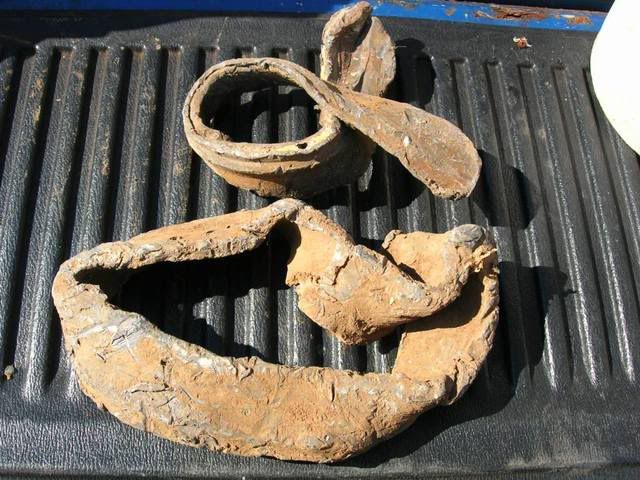Hello everyone!
I shoot a 1856 Remington replica by Uberti in .36.
Given that on this side of the Pond (and the Mare Nostrum aswell) balls are 10 eurocents apiece, I cast mine.
I recycle lead from the ball stopper at the firing range and keep separated lead obtained from FMJ versus bare lead versus plated.
I have found that lead from FMJs is softer than the other two and I am presently using just the first for my balls.
Am I worrying too much?
TIA
K.
I shoot a 1856 Remington replica by Uberti in .36.
Given that on this side of the Pond (and the Mare Nostrum aswell) balls are 10 eurocents apiece, I cast mine.
I recycle lead from the ball stopper at the firing range and keep separated lead obtained from FMJ versus bare lead versus plated.
I have found that lead from FMJs is softer than the other two and I am presently using just the first for my balls.
Am I worrying too much?
TIA
K.

